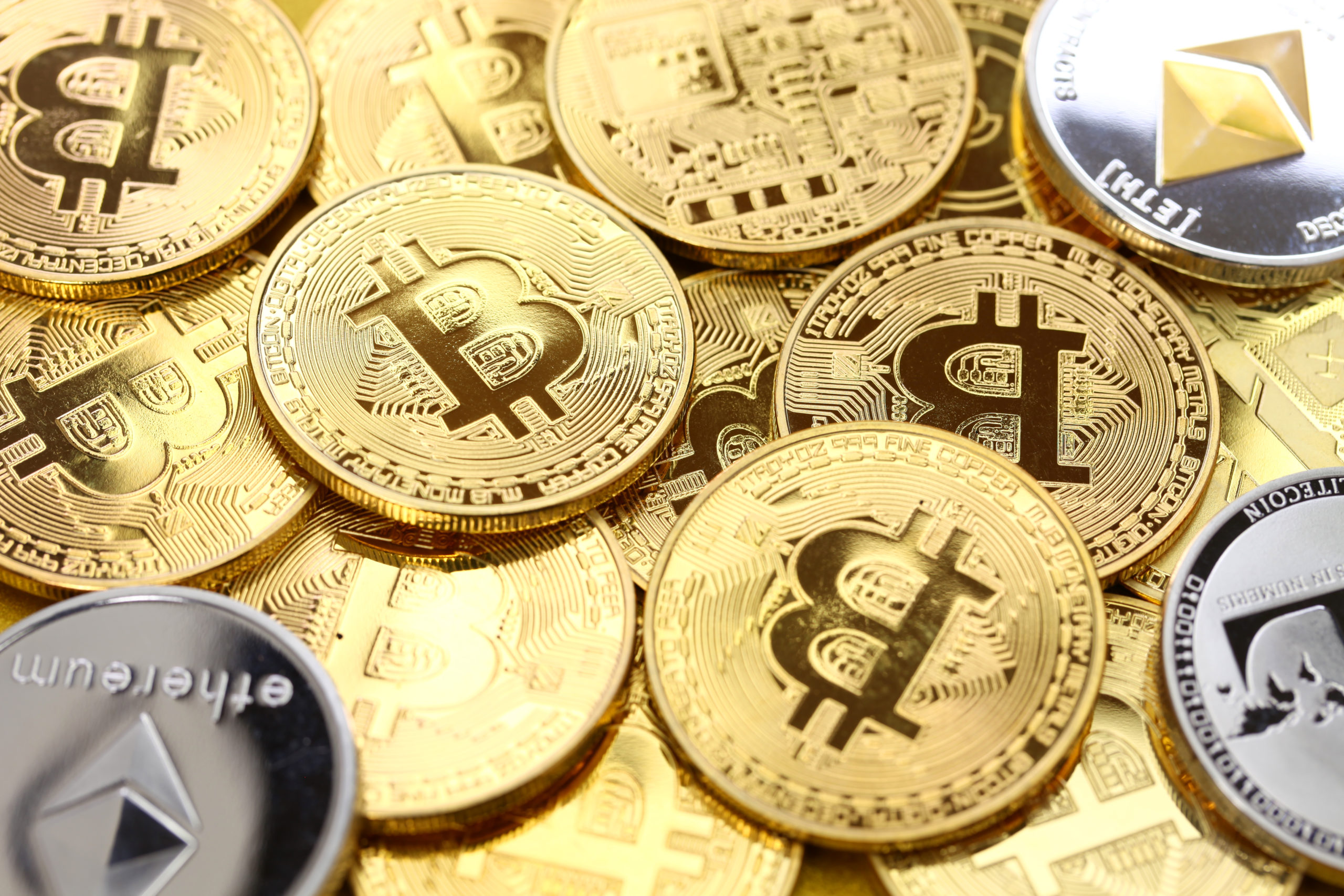- People
- Expertise
Our expertise
We are a team of more than 500 professionals, with the depth of experience which makes us genuine experts in our fields. Together, gunnercooke’s people have strength across just about every corporate discipline and sector. We provide legal, commercial and strategic advice that delivers real value to the clients we work with, which span from multinational enterprises through to unicorns and non-for-profit organisations. Our breadth of expertise covers some of the most interesting and important emerging disciplines, from ESG and charity law, to blockchain and competition.
Search by practice areaDispute ResolutionDispute Resolution OverviewMeet the Dispute Resolution TeamIntellectual Property DisputesFinancial Services & FinTech OverviewProceeds of CrimeEmployment TribunalTax InvestigationProperty Dispute ResolutionInsolvency DisputesMediationCivil Fraud & Asset TracingHealth & SafetyBusiness Crime & InvestigationsLitigation & ArbitrationInternational Arbitration - International
International Offices
The gunnercooke group has 15 main global offices across England, Scotland, the US, Germany and Austria, with further plans for growth in the coming years. These offices enhance the existing in-house capability of our dedicated international teams and dual-qualified experts that cover Spain, France, Italy, Portugal, Brazil, China, India, Poland and Hungary. Our team have clients across 123 jurisdictions, speak 46 languages and are dual-qualified in 21 jurisdictions. Our expertise means we can offer large teams to carry out complex cross-border matters for major international clients.
- Our story
Our story
gunnercooke is the fastest growing corporate law firm in the UK, now making its mark globally. We comprise a rapidly growing number of experts spanning legal and other disciplines. Clients benefit from flexible options on fees to suit their needs, access to a wider network of senior experts throughout the relationship, and legal advice which is complemented by an understanding of the commercial aspects of running a business.
- Reading Room
- News & Insights

Decentralised autonomous organisations (DAOs) have risen in prominence over the last decade, enabling the rapid growth of blockchain technologies. Associate Yuliya Prokopyshyn debunks five key fallacies around DAOs:
1. DAOs exist in a legal vacuum
While DAOs challenge traditional legal concepts, they don’t operate in a legal vacuum. Similar to the metaverse, regulators are actively exploring ways to integrate DAOs into existing frameworks, as well as establish new rules specifically relating to DAOs.
2. DAO tokens are securities
️Even though some DAO tokens may be categorised as securities, this doesn’t apply to all of them. Seeking legal advice early in a DAO’s development is crucial to address regulatory concerns about its tokens and overall structure.
3. DAO participants don’t have personal liability
Contrary to common belief, many regulators treat DAOs as partnerships, potentially holding participants personally responsible for the actions of the DAO. However, this might evolve in the future, so keep an eye on this space.
4. DAOs are completely decentralised
Despite their name, most DAOs aren’t entirely decentralised. While smart contracts and consensus mechanisms distribute power to some extent, certain points of control still exist, leading to additional legal complexities.
5. DAOs are exempt from local laws
Due to their decentralised nature, DAOs extend across borders, leading to jurisdictional challenges. Although efforts are being made to address cross-border legal aspects, DAOs must still adhere to relevant international and local laws. Remember that DAOs and associated technologies are evolving rapidly️ and their legal treatment will likely evolve as well.
Find out more about Yuliya and her practice here, or discover our full crypto team here.


